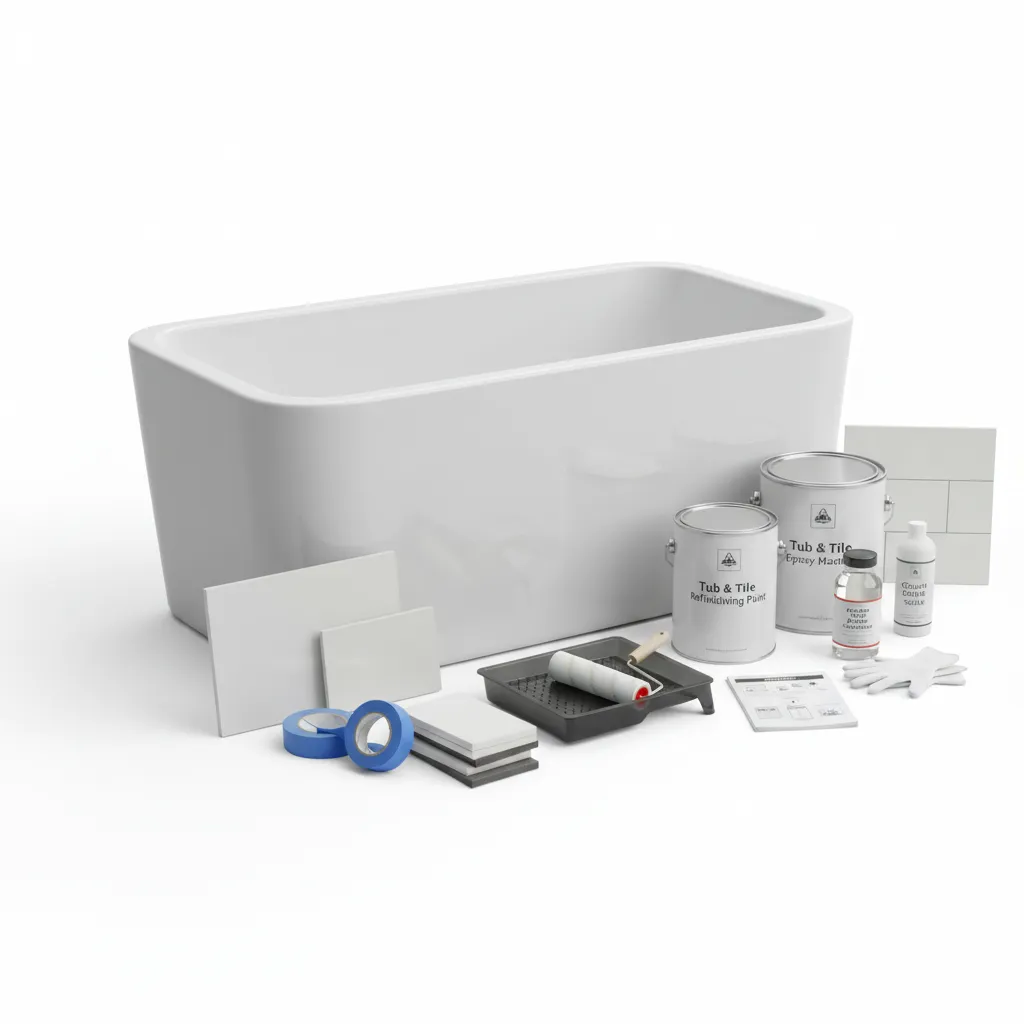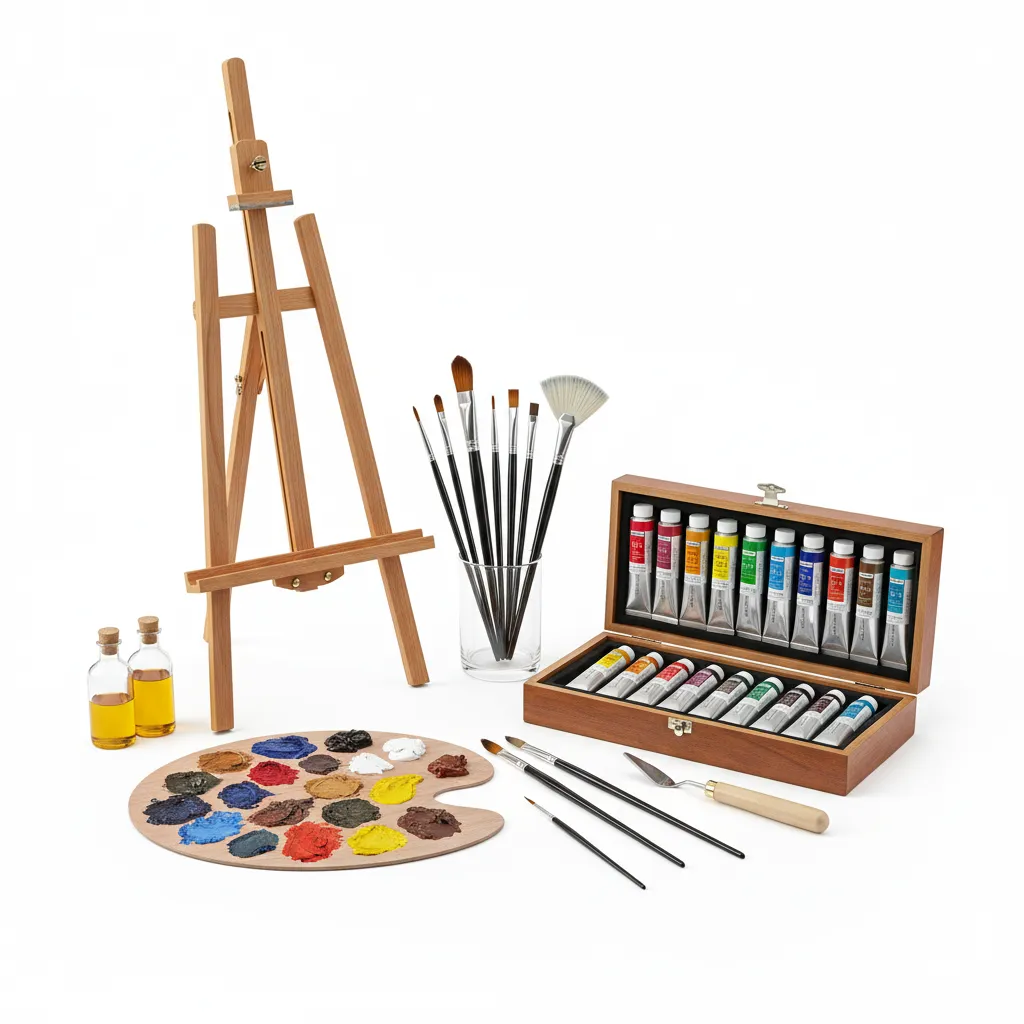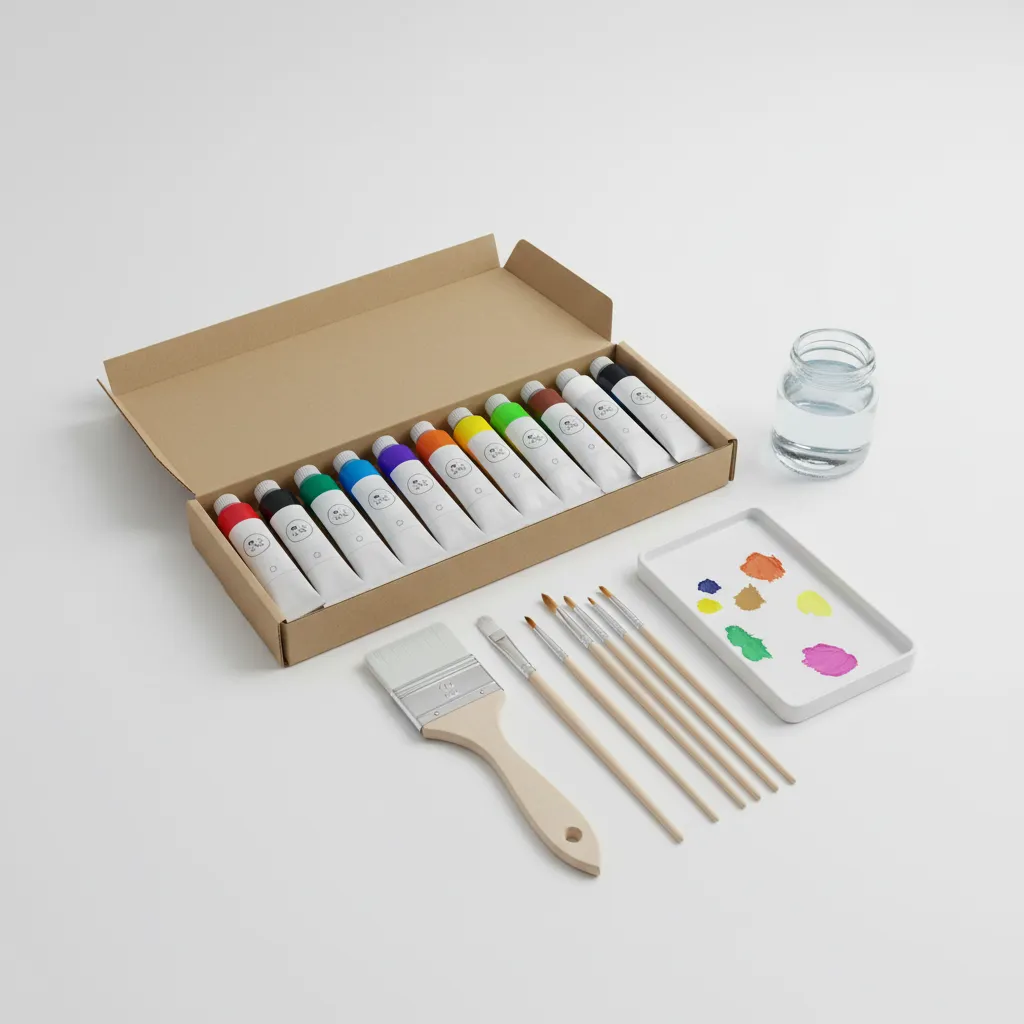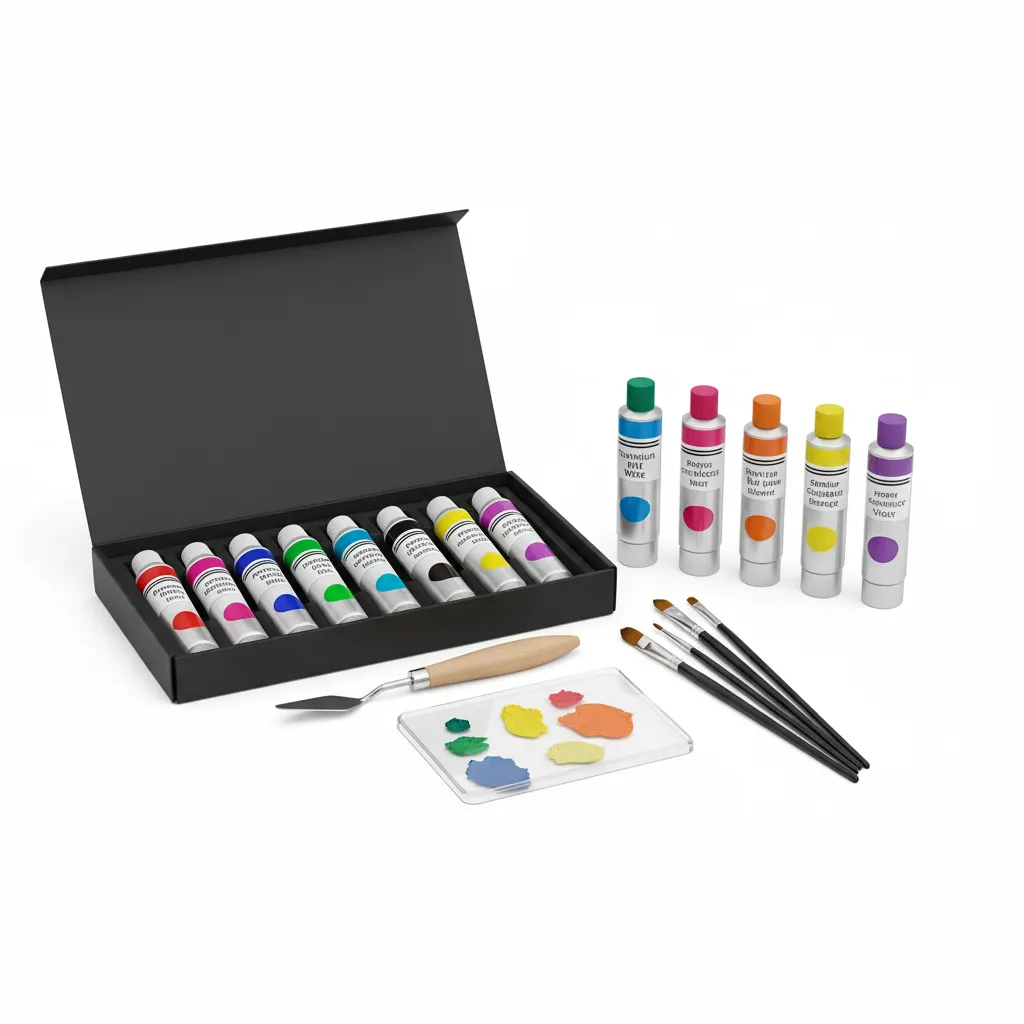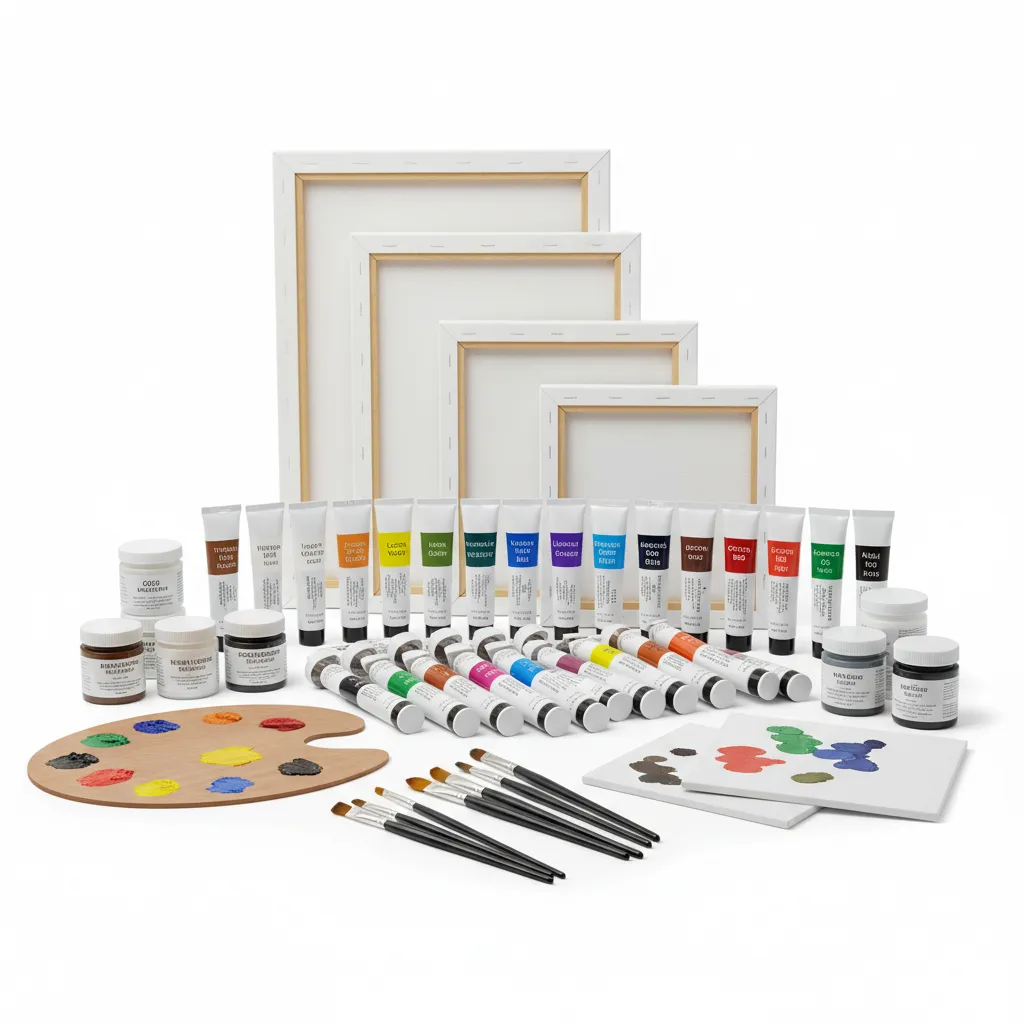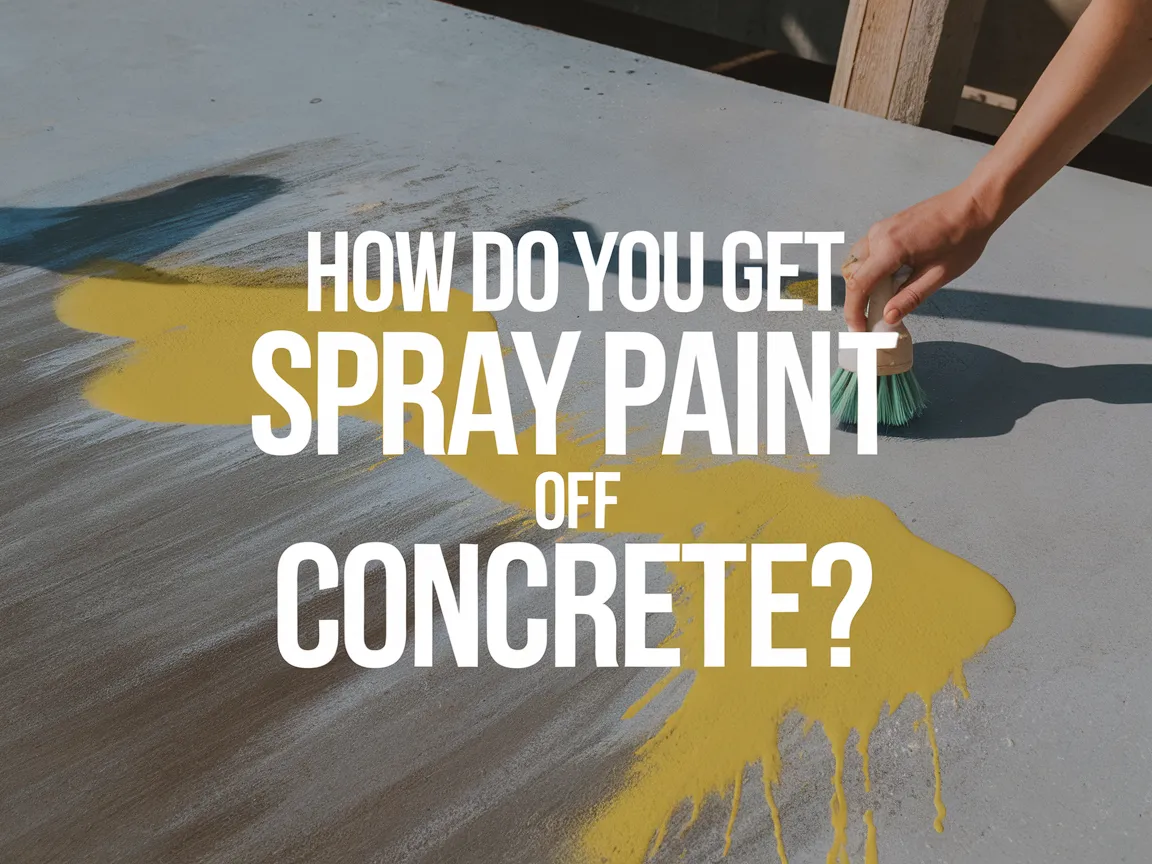Can You Paint Tiles?
Published on: June 3, 2025 | Last Updated: January 7, 2025
Written By: Sarah McClintock
Tiles are flat pieces, usually made of clay or ceramics, that stick to floors and walls. They come in lots of colors and patterns, making spaces look pretty!
So, can you paint tiles? This is super important to know if you want a fresh look without buying new tiles. I once painted some old bathroom tiles, and it totally transformed the whole room!
In this guide, you’ll learn essential preparations before painting tiles, a step-by-step process, recommended color palettes, types of tiles you can paint, factors affecting your paint job, common issues, finishing touches, and creative DIY project ideas like can you paint brick.
Contents
- 1 Can You Paint Tiles?
- 2 What Are Tiles?
- 3 Essential Preparations Before You Start Painting Tiles
- 4 Step-by-step Process for Painting Tiles
- 5 Different Types Of Tiles You Can Paint
- 6 Factors Affecting the Outcome Of Painted Tiles
- 7 Common Issues Encountered When Painting Tiles
- 8 Cost Considerations When Painting Tiles
- 9 Creative DIY Project Ideas With Painted Tiles
- 10 Frequently Asked Questions About Painting Tiles
- 11 Conclusion
- 12 Useful Resources
Can You Paint Tiles?
Yes, you can paint tiles! Use a high-quality tile paint for the best results. Make sure to clean and prep the surface first. This will help the paint stick and look great for longer.
What Are Tiles?
Tiles are thin, flat pieces made of materials like ceramic, porcelain, or stone. They typically measure 30 cm x 30 cm (12 in X 12 in) but can vary, with thicknesses from 6 mm to 10 mm (0.25 In to 0.4 In). When preparing tiles for installation, you might need to adjust paint consistency carefully.
You might wonder, can you paint tiles? I tried it once, and it was an eye-opener—sticky challenges and fantastic transformations!
I used it for work when I wanted to freshen up a dull bathroom. Many people wonder how to paint tiles and if it really works without peeling. Experimenting on my kitchen backsplash taught me about the prep (Preparation) needed and the occasional regret that comes with such projects! After completing my tile painting project, I discovered the importance of proper palette maintenance to keep my tools in top condition cleaning oil paint palettes effectively.
Essential Preparations Before You Start Painting Tiles
What do you need to prepare for?
- Tile Cleaner: Use a cleaner like ZEP Heavy-Duty Citrus Degreaser. It’s crucial for removing grease and grime from tiles.
- Painter’s Tape: Grab tape such as FrogTape Green. It protects edges and ensures clean lines when painting.
- Sandpaper: Use fine-grit sandpaper (220 Grit) to lightly roughen the tile surface. This step is essential for proper paint adhesion.
- Primer: Opt for a high-bond primer like KILZ Adhesion Bonding Primer. It prepares tiles for paint, ensuring long-lasting results.
We have now covered essential preparations for painting tiles. Next, we will discuss the step-by-step process for painting tiles.
Also See: Can You Paint Model Magic? Tips for Your Creations!
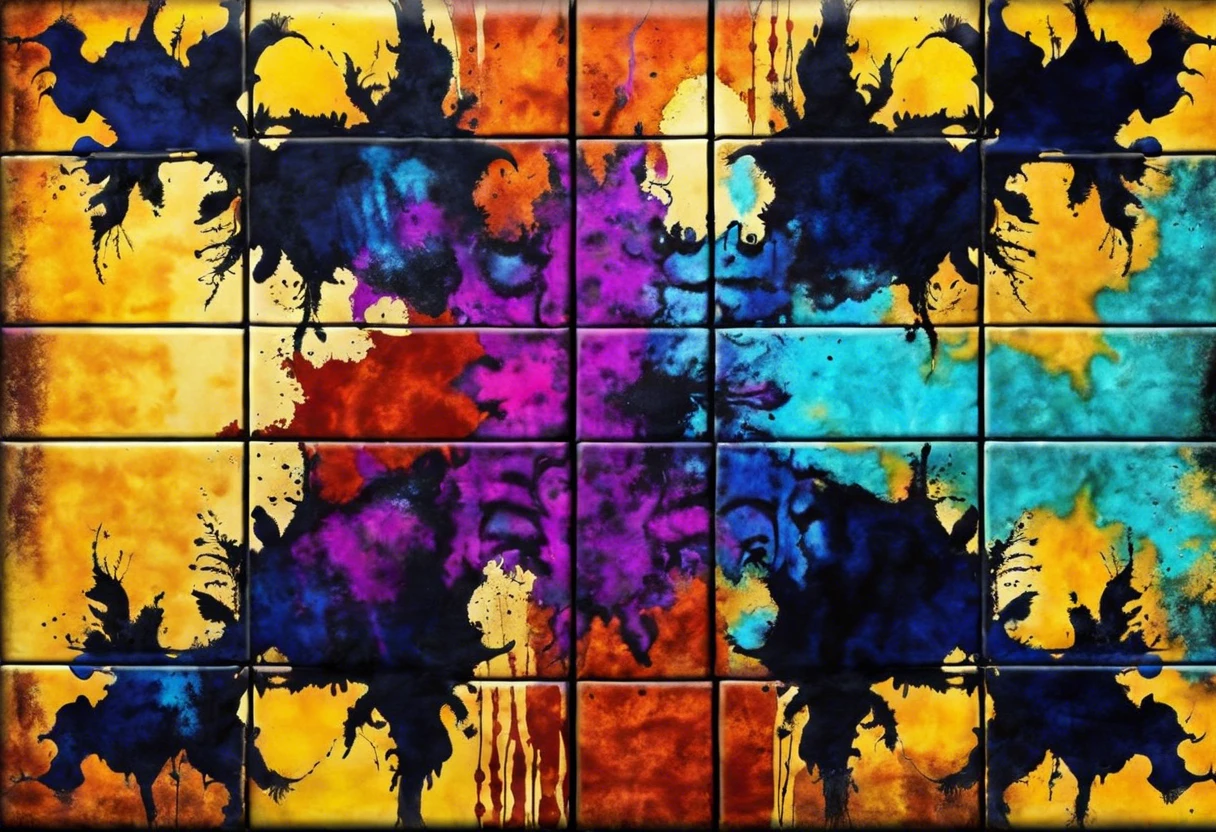
Step-by-step Process for Painting Tiles
Now, we’ll cover the steps to spruce up your tiles through painting. Each step is crucial, so pay attention!
-
Clean the Tile Surface Thoroughly
Start by scrubbing the tile surface with a mixture of vinegar and water (1:1 Ratio). This solution breaks down grime, ensuring the paint adheres—and it works wonders!
Rinse with clean water afterward. For stubborn stains, use a stiff brush or a tile cleaner designed for your tile type—be thorough!
-
Apply the Primer Coat
Priming is essential. Use a specialized tile primer for the best finish—a latex formula generally works well. Apply a thin layer with a foam roller.
Avoid thick layers, as they can bubble. Two thin coats are better than one thick coat; each should be about 5-10 mil (0.125-0.25 Mm) thick. Let it dry fully between coats.
-
Paint the Tiles
Use epoxy or stain-resistant paint designed for tiles. With a clean foam roller, paint a thin, even layer over the primed tiles. Apply two coats for durability.
Wait about 4 hours before applying the second coat. Don’t rush. Uneven coats can lead to issues later!
-
Seal the Painted Tiles
After the paint dries, sealing is vital—use a matte or gloss tile sealer based on your preference. It enhances durability and makes cleaning easy!
Apply a uniform layer with a roller and let it cure for at least 24 hours. This ensures your work withstands everyday use and looks great for longer.
We covered the step-by-step process for painting tiles here. We will now cover the various types of tiles you can paint.
Different Types Of Tiles You Can Paint
Let’s explore the types of tiles you can paint: ceramic, porcelain, vinyl, and stone.
-
Ceramic Tiles
Ceramic tiles are made from clay and heated at high temperatures to create a strong surface. You can paint ceramic tiles, but a primer is essential for good adhesion.
-
Porcelain Tiles
Porcelain tiles are a type of ceramic tile that is denser and less porous. You can paint them, but it’s crucial to choose a paint designed for dense surfaces to avoid peeling.
-
Vinyl Tiles
Vinyl tiles are known for their flexibility and ease of use. They can be painted, but clean them thoroughly first, as paint adheres poorly to dirty surfaces.
-
Stone Tiles
Stone tiles, such as granite or marble, need special paint designed for porous materials. You can paint these surfaces, but proper preparation is necessary to prevent chipping.
Having painted ceramics myself, I found that the right primer makes all the difference! Once I saw how vibrant the color turned out, I knew I’d made a great choice.
We covered various tile types suitable for painting. We will now cover the factors that impact the results of painted tiles.
Factors Affecting the Outcome Of Painted Tiles
What factors influence achieving great results when painting tiles?
-
Surface Material: Different materials, like ceramic or porcelain, absorb paint differently.
-
Preparation: Properly cleaning and priming the surface determines how well the paint adheres.
-
Type of Paint: Using the right paint, such as epoxy or tile-specific varieties, affects durability.
-
Environmental Factors: Temperature and humidity can impact how paint dries and adheres.
We’ve wrapped up the factors influencing painted tile results here. Let us turn our attention to common challenges faced when painting tiles.
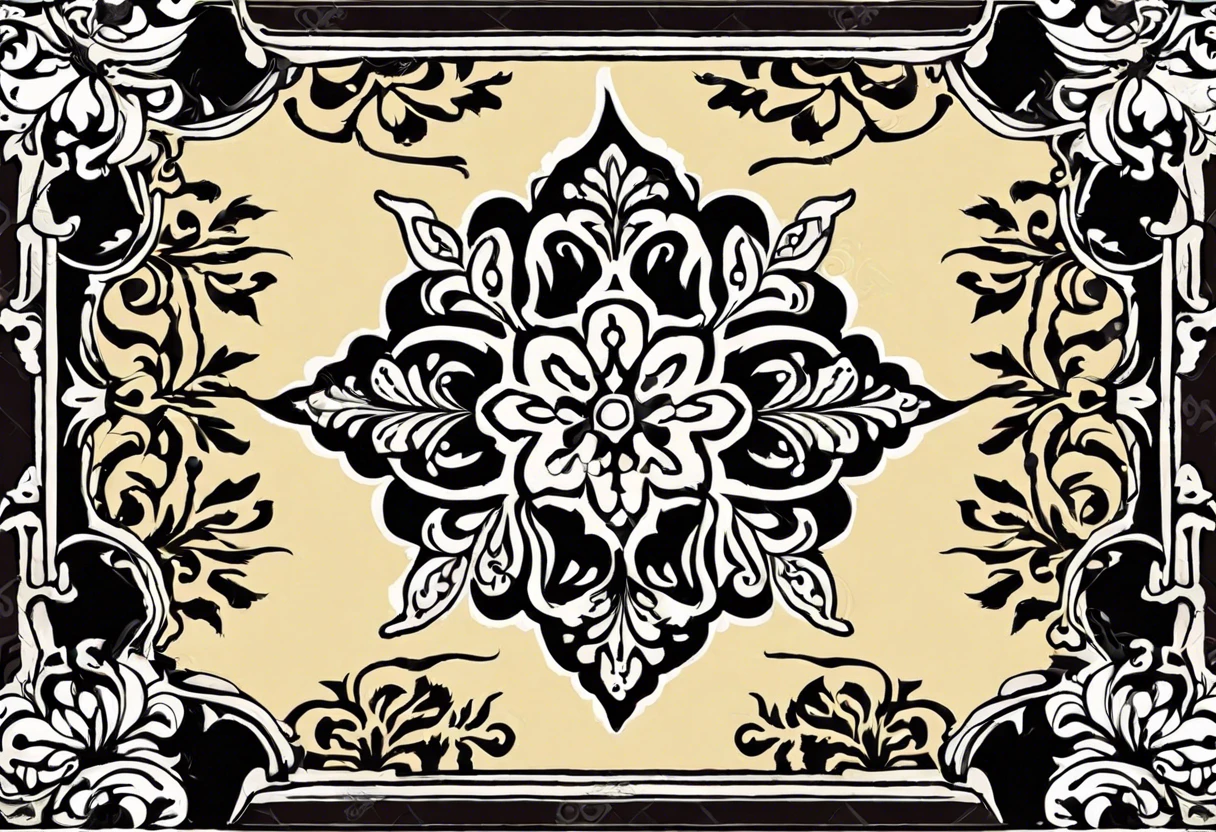
Common Issues Encountered When Painting Tiles
My friend once tried to paint her bathroom tiles and ended up with peeling paint. Humidity was a significant factor—it can affect adhesion!
To fix this, use a high-quality epoxy paint after sanding the tiles with 220-grit sandpaper. This ensures better grip, reducing the risk of peeling. Surface preparation makes all the difference! If you need tips on adjusting paint consistency, thinning paint techniques can help you achieve the perfect application.
Cost Considerations When Painting Tiles
Wondering about expenses? Here’s a breakdown to give you a ballpark idea of what to expect.
| Item | Estimated Cost (USD) | Purpose |
|---|---|---|
| Tile Paint | $20 – $50 | High-quality finishes for durability |
| Tile Primer | $15 – $30 | Increases paint adhesion |
| Sealer | $10 – $25 | Protects finished surface |
| Other Supplies | $25 – $55 | Brushes, tape, cleaners, etc. |
This could total anywhere from $70 to $160, depending on the size of the area and quality of materials used. Planning ahead can save you some stress later!
Creative DIY Project Ideas With Painted Tiles
How about crafting a vibrant garden path with painted tiles? You could turn simple terracotta tiles into colorful stepping stones!
For this, grab some acrylic paint, a sealer, and a bit of creativity. You’d spend around $50 (About 40 EUR) on materials, and it could take just a weekend to complete. Sounds fun, right?
If you’re exploring alternatives, why not use stencils for more intricate designs? Or, I’ve even used clear nail polish to create a glossy finish on plain tiles—can you believe it?
Frequently Asked Questions About Painting Tiles
Can I Use Regular Paint to Paint Tiles?
No, you shouldn’t use regular paint to paint tiles. Regular paint won’t adhere well and may chip or peel quickly, especially in moist areas. Specialised tile paint bonds better and waterproofs the surface for durability.
What Type Of Paint is Best for Tiles?
The best paint for tiles is epoxy or acrylic tile paint. This type of paint adheres well and withstands wear and tear, ensuring a long-lasting finish. Investing in the right product can save you time and hassle later on. After selecting your paint, proper brush maintenance is crucial for achieving a smooth application, so take care to tile painting techniques.
How Long Does Painted Tile Last?
Painted tile can last between 5 to 10 years with proper maintenance. Using quality paint and following a good prep routine makes a huge difference. Keeping surfaces clean and dry also extends the life of your painted tiles. If you’re curious about painting techniques for different surfaces, you might want to explore painting methods for various materials.
How Do I Maintain Painted Tiles?
You maintain painted tiles by cleaning them gently with mild soap and water. Avoid abrasive cleaners that can scratch the surface and lead to peeling. Regular, soft cleaning preserves both the look and integrity of the paint. If you’re considering painting other bathroom surfaces like sinks, painting bathroom sinks requires specific techniques.
Can I Paint Over a Tiled Floor?
Yes, you can paint over a tiled floor with the right preparation. After cleaning and priming, you can apply tile-safe paint. Make sure to follow instructions for best results.
How Do I Remove Paint From Tiles?
You can remove paint from tiles using a paint stripper or a solvent like acetone. Apply it carefully, then scrape gently with a putty knife, always testing on a small area first to ensure the tile won’t be damaged. When you’re dealing with stubborn paint residue, knowing how to clean paint tools can help prevent future buildup and make your tile restoration process smoother.
Conclusion
You made it to the end, and that’s great. We covered what tiles are, essential preparations before you start painting them, a step-by-step process, recommended color palettes, different types of tiles you can paint, factors affecting the outcome, common issues you might face, finishing touches, and creative DIY project ideas.
So, can you paint tiles? Yes, you can. With the right prep and chosen paint, your tiles can transform beautifully. If you need additional advice, I’m here to help you navigate this creative project.
For more insights and tips, check out Paint Answers.
Useful Resources
- Smith, R. (2003). The Artist’s Handbook of Materials and Techniques (5th ed.). New York, NY: Knopf.
- Can You Paint Bathroom Tile? Yes, but it’s complicated | TaskRabbit
- Pros and Cons of Painting Tile: Here’s What to Know | Riad Tile


